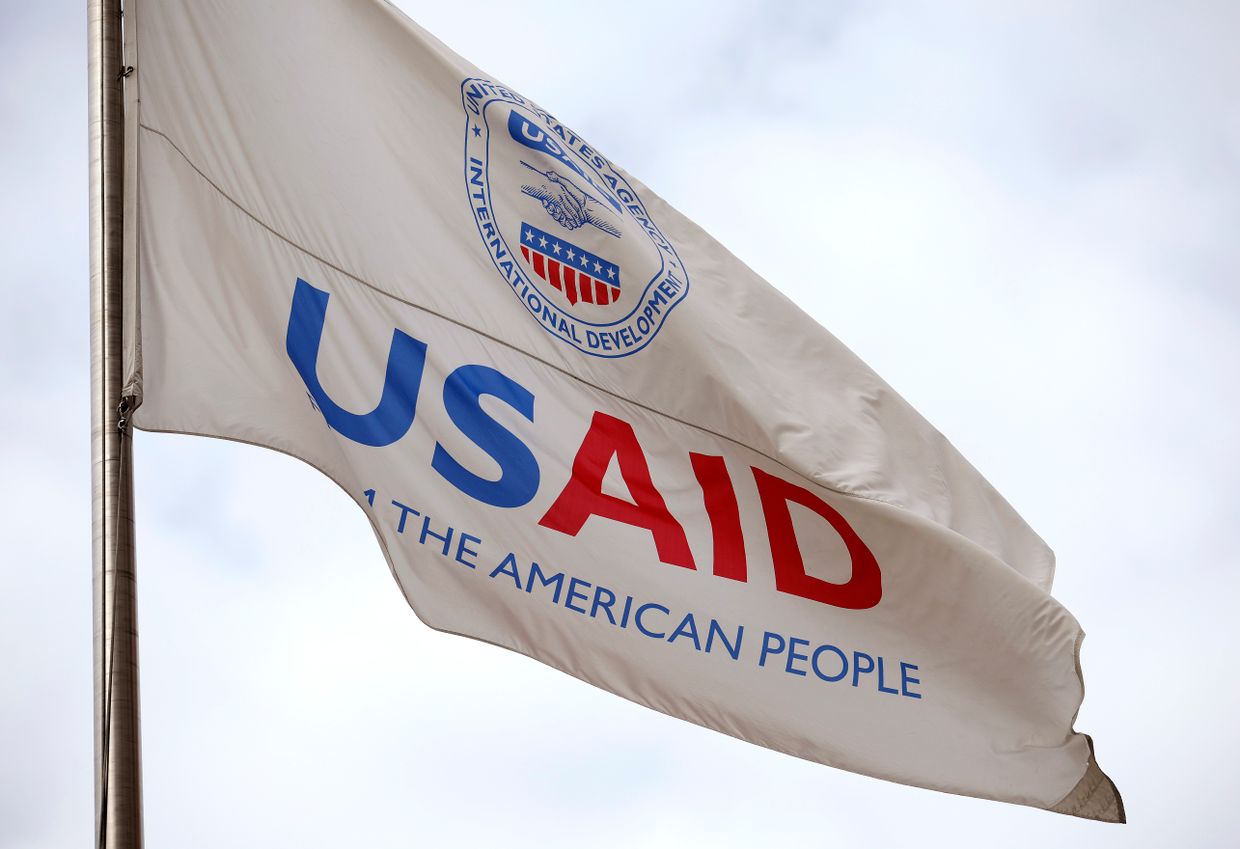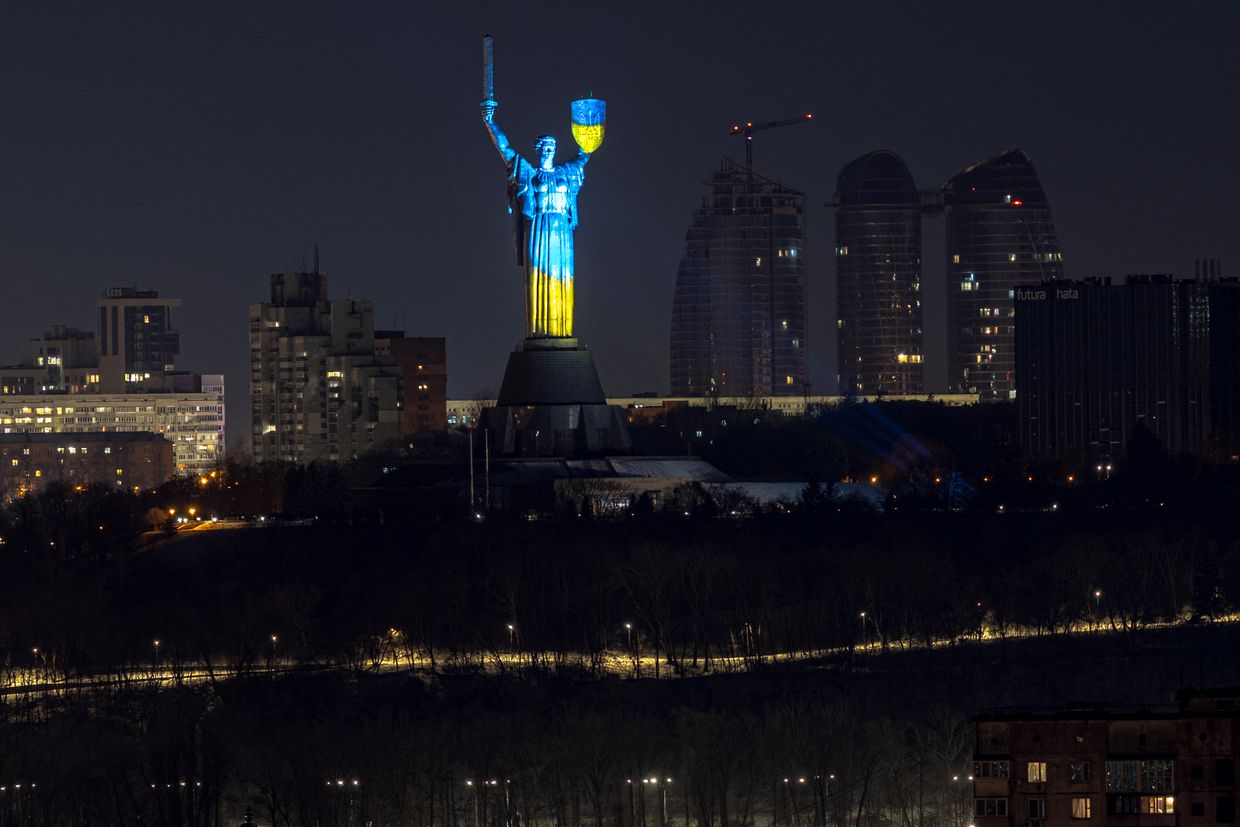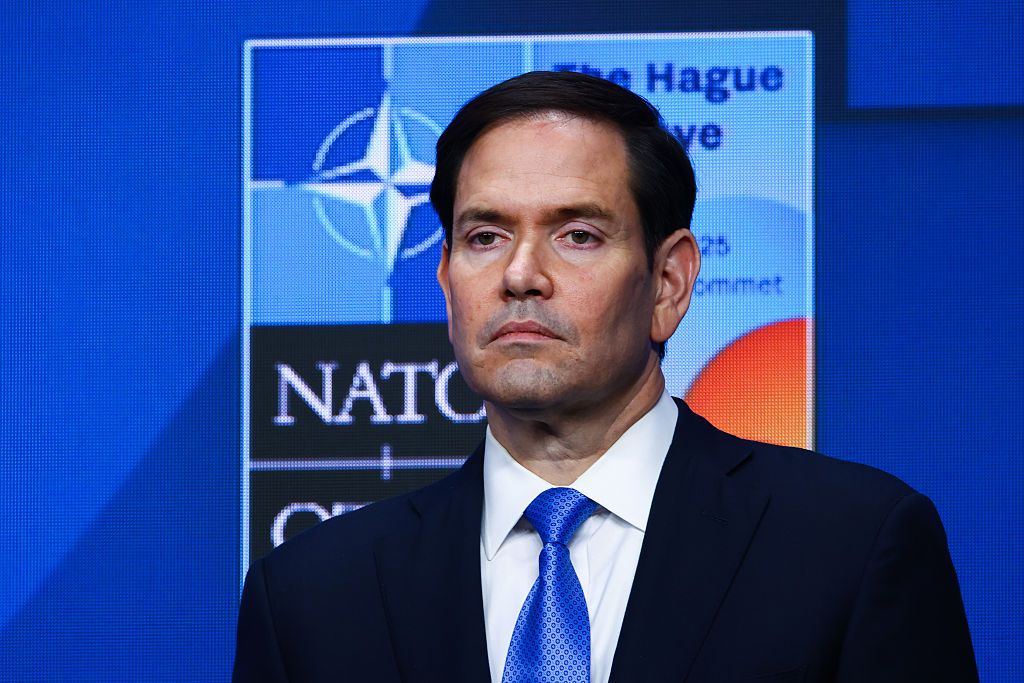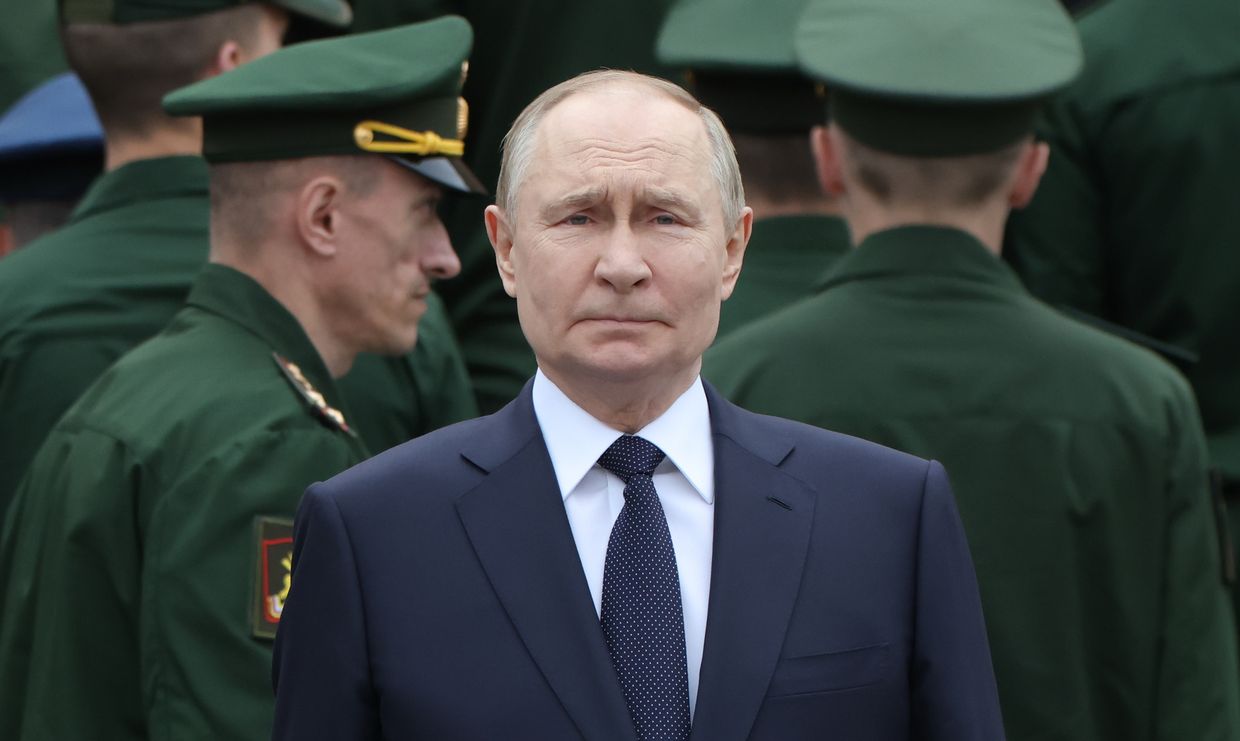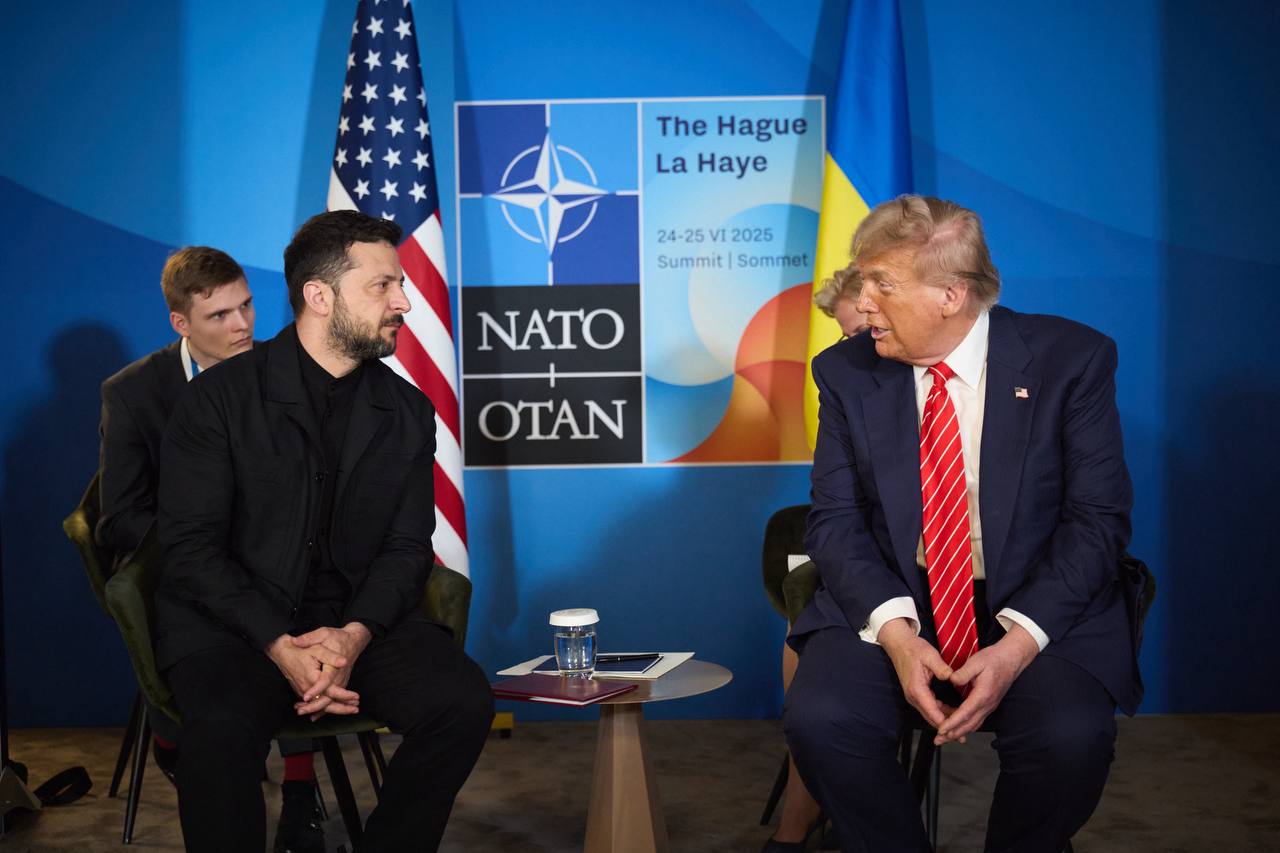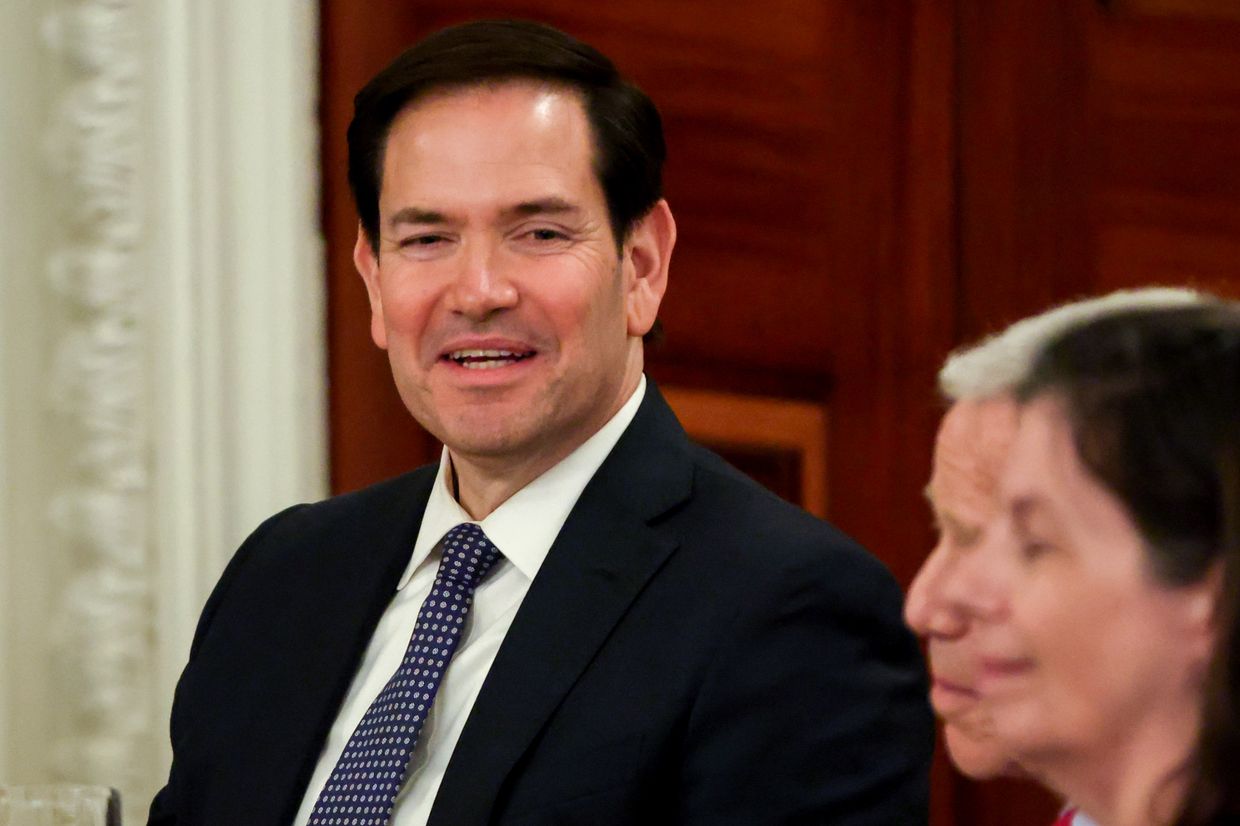Sanctions withheld, while Ukrainian cities bombed — but Rubio calls it US “broker” strategy
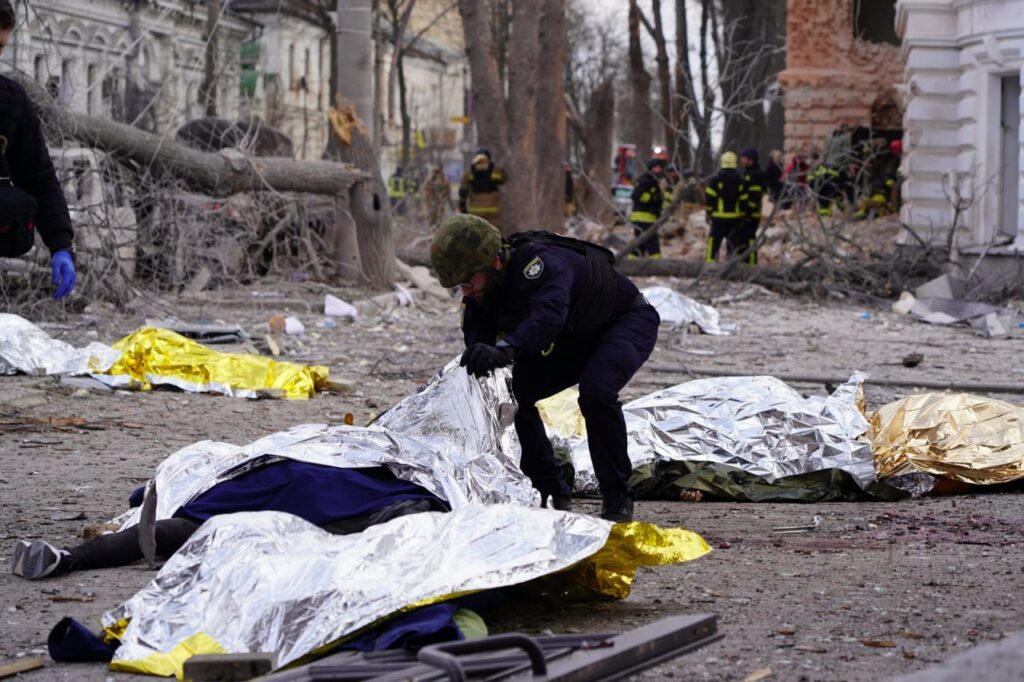
US Secretary of State Marco Rubio revealed the reason behind President Donald Trump’s administration’s unwillingness to impose harsher sanctions on Russia. In an interview with NBC News, he stated that stricter measures could undermine Washington’s role as a mediator between Ukraine and Russia.
However, Trump’s approach to Russia has not been working. Russia shows no intention of ending the war or maintaining a ceasefire. In fact, attacks on Ukrainian cities have intensified since Trump’s peace initiatives began and after their scandalous meeting in Alaska. In addition, Russia launched a major drone strike in Poland, while drones have also been spotted in Norway, Denmark, Romania, and Moldova.
Rubio’s remarks came ahead of a meeting between Trump and Ukrainian President Volodymyr Zelenskyy at the UN General Assembly.
“The minute we go heavy on the sanctions and everything else, our ability to act as a broker to bring about peace is diminished,” Rubio said.
The US Secretary of State also did not rule out that Washington may eventually have to impose stricter sanctions on Russia, amid recent Russian provocations in Europe.
Ukrainian civilians pay price after Trump’s Alaska summit with Putin, while US offers no aid to Kyiv
Rubio criticizes Europe for buying Russian energy
Rubio also criticized European countries for continuing to purchase Russian oil and gas, calling it “absurd.” He urged allies to do more to pressure Russia.
Most European countries have already stopped buying Russian oil. However, those that continue are pro-Russian Hungary and Slovakia.
“Some countries are asking the US to impose more sanctions, but there are countries in Europe that are not doing enough, so I think they need to do more,” Rubio said.
China remains Russia’s largest partner
Meanwhile, the US has imposed no sanctions on Beijing for its support of Moscow. The Kremlin is actively strengthening ties with China, receiving financial, technological, and military support. The total trade volume between the countries in the first seven months of 2025 amounted to $125.8 billion.
Washington seeks to avoid escalating tensions with China, given the large trade volume and interdependence in the technology and energy sectors.
Sanctions on China could complicate these diplomatic and economic processes. As a result, the US pressures Europe to stop buying Russian oil and impose sanctions, while avoiding such measures itself.
Moreover, despite the intensifying attacks on civilians, the US has not provided new defense packages to Ukraine, thereby weakening Kyiv’s position and strengthening Moscow.















